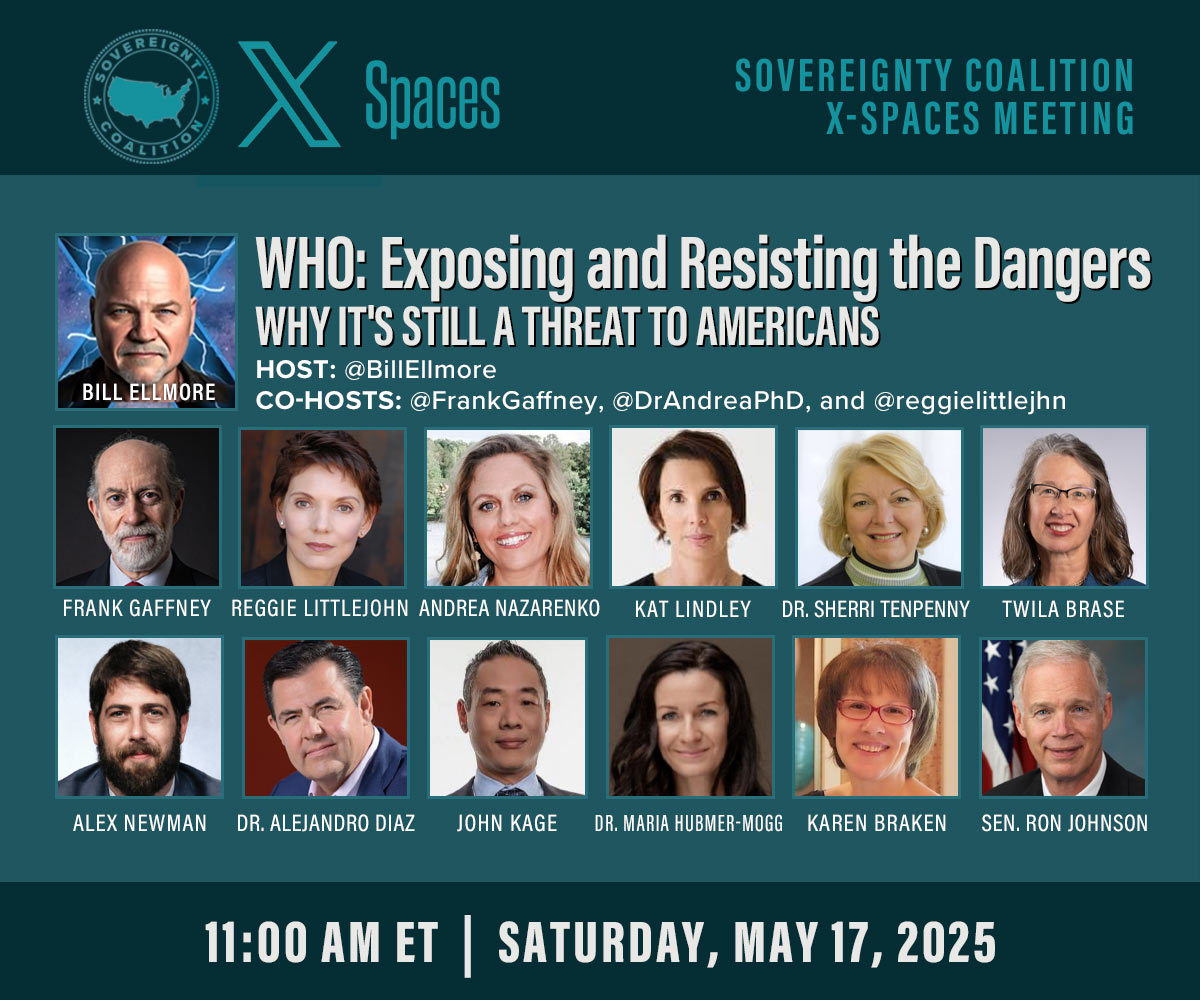It happened quietly. But the implications won’t stay quiet for long. Here’s what it means for power and your future.
By Dr. Andrea Nazarenko, PhD | Rabbit Hole Ramblings | May 29, 2025
Something major happened this past week — and, shockingly, mainstream news is silent about it. (Insert dramatic sigh.)
At the World Health Assembly—the official business meeting of the World Health Organization (WHO)—member states voted to adopt a draft of the Pandemic Agreement.
Why is this a big deal?
Because this document —paired with the International Health Regulations (IHR) amendments that passed last year—doesn’t just tweak pandemic policy. It fundamentally reshapes global health governance.
This is a global power shift.
On the surface, the WHO Pandemic Agreement presents itself as a unifying framework for global health cooperation—one that champions equity, access, and preparedness. It promises solidarity, faster response times, and a safer, more connected world.
But beneath the buzzwords lies a dense web of legal language, geopolitical maneuvering, and private influence that quietly reconfigures who controls what—and how.
Supporters say the agreement is about preparing for the next pandemic. Others dismiss it as irrelevant to Americans, citing Trump’s EO to withdraw from the WHO.
But here’s the truth: those downplaying this agreement either benefit from the power shift—or haven’t read the fine print.
Now is not the time for blind trust or superficial headlines. It’s time to uncover the nuances of implementation and hidden implications—before national health sovereignty becomes a thing of the past.
This isn’t just about what’s written. It’s about what it enables.
Today’s Rabbit Hole shines a flashlight into the darkness of a global takeover. This treaty—yes, treaty—has serious implications for sovereignty, surveillance, and the global balance of power.
It’s not just relevant to America—it’s dangerously relevant.
Let’s dive in.
The Pandemic Agreement:
Framing The Framework
Let’s start with the official story—the writing on the page and the virtuous and colorful language that reverberated in Geneva last week.
Technically, the Pandemic Agreement is a legally binding framework developed to enhance global collaboration in preventing, preparing for, and responding to future pandemics.
According to the WHO:
“The WHO Pandemic Agreement sets out the principles, approaches and tools for better international coordination across a range of areas, in order to strengthen the global health architecture for pandemic prevention, preparedness and response.”
Equity, in particular, is front and center—strategically positioned to generate buy-in:
“At the heart of the proposed accord is the need to ensure equity in both access to the tools needed to prevent pandemics (including technologies like vaccines, personal protective equipment, information and expertise) and access to health care for all people.”
The stated goal is to formalize international cooperation through shared commitments, mechanisms, and infrastructure for pandemic prevention, preparedness, and response—grounded in the principles of equity, solidarity, and coordinated action.
It sounds reasonable. It even sounds noble.
But noble intentions on paper don’t always translate to ethical execution in practice. And that’s where the real story begins.
Warning Signs Ahead🚩🚩
At first glance, the goals of the agreement may seem broadly agreeable—even aspirational. There is wide consensus that global cooperation is essential for managing future health emergencies, and few would argue with the idea that all people—including those in developing nations—deserve equitable access to care, resources, and life-saving technologies.
The problem isn’t the idea of global coordination itself. It’s how that coordination is implemented—and by whom.
The real concerns lie in the concentration of power, the lack of transparency, and the entanglement of the WHO with private-public partnerships that stand to profit from global health crises — which they have now given themselves the power to declare.
What sounds noble in theory is, in practice, laced with procedural and legal mechanisms that centralize authority, blur public health with private profit, and quietly erode national and individual autonomy.
The stakes aren’t in the buzzwords—they’re buried in the fine print.
What emerges isn’t cooperation, but control: a system that overrides sovereignty, bypasses democratic process, and places decision-making in the hands of the unelected and unaccountable.
Strip away the PR-polished, legal rhetoric — and five glaring problems reveal exactly why this agreement should never be signed. 🚨🚨:

